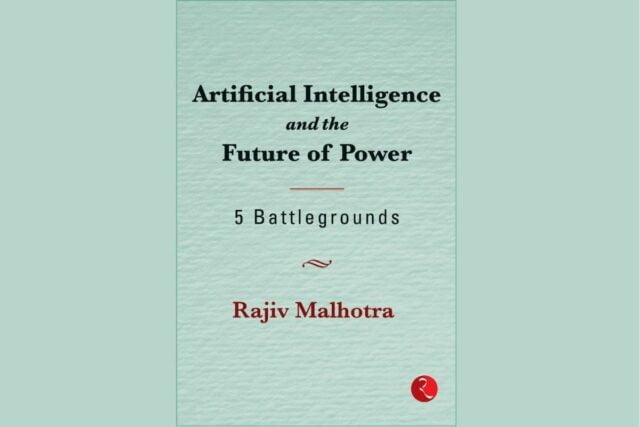
September 24: Addictive Behavior Programming
Numerous books and consultants specialize in teaching AI or Artificial Intelligence companies how to capture users through their emotions. Hooked: How to Build Habit-Forming Products by Nir Eyal examines human desires & weaknesses to make what are called sticky apps.
The intent is to map out users’ emotional characteristics, especially their vulnerabilities, and then tap into that map to create a customized AI intervention that manipulates a specific desire.
Sticky apps provide outlets for suppressed desires, such as the urge to watch pornography, go on an exotic journey, or indulge the fantasy of being a popular public figure. Once someone’s hidden desires are identified, the content is selected to satisfy them. Those who long to travel can do so via AR goggles that will transport them to the place of their dreams.
Designers of online hooks exploit people’s tendency to seek relief from stress. Based on the idea that people prefer excitement to boredom and contentment to anxiety, digital marketing companies substitute artificial gratification to intervene and manipulate users’ emotions.
Some manipulative systems contrive scarcity as a gimmick to enhance the perceived value; online retailers often state “only 3 items left” to create a sense of urgency and play on the user’s fear of missing out. Other systems encourage users to invest in experiences that deepen their dependence on the system.
For example, the exciting conversations held on a social media platform could become a precious part of one’s social relations, making it difficult to abandon them and start all over again on a new platform.
The process of psychological manipulation is designed to change behavior. The initial hook offers users a perceived benefit that the target group cannot resist; the system makes it progressively harder for them to disengage.
The resulting transfer of power is both gradual and unconscious. Facebook, YouTube and Twitter freely deliver a wide range of user experiences that consumers find difficult to resist. Artificial Intelligence systems have figured out the most powerful, irresistible desires for all kinds of individuals and fulfill them. An entire field of research specializes in designing systems of instant gratification and addiction.
The playbook of the AI giants is eventually to have the maximum number of humans go through life on autopilot. People find comfort in automatic behavior that demands little or no conscious thought.
Delegating one’s agency to a machine is like trusting a friend. This frees up the conscious mind to pay attention to more important activities. One day, consumers—& voters—will make very few free choices and will be rewarded for living mostly in autopilot mode.
Yet few people ever consider the ramifications of this transfer of power because they are blinded by fulfilling their desires. Most people are neither balancing— nor even conscious of— the trade-off between the gain in gratification & efficiency and their loss of free will.
Read more:
In Pics: 10 Of Safest Cities In The World; India Makes It To Top 50






























